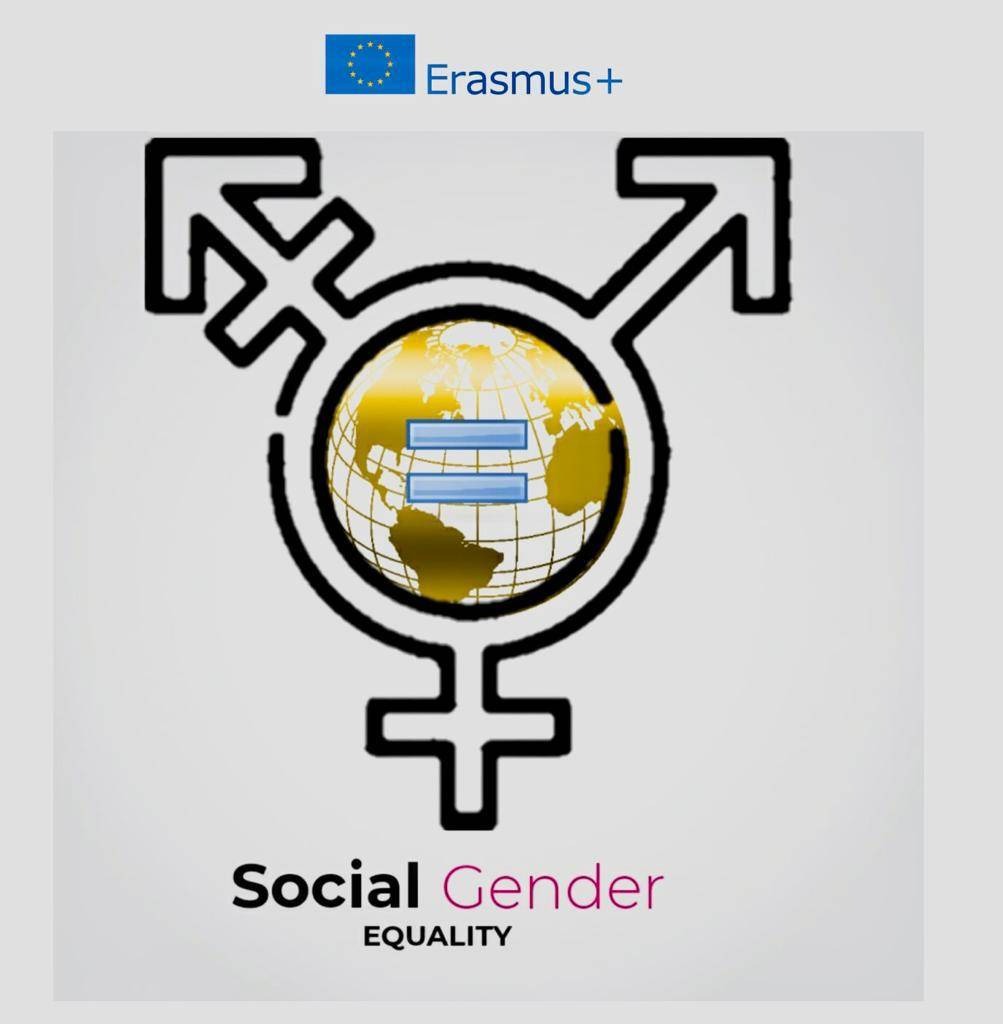- This topic has 2 replies, 3 voices, and was last updated 8 months, 3 weeks ago by
Pavel Houska.
-
AuthorPosts
-
October 5, 2024 at 3:25 pm #1333
Sebastian Mareska
ParticipantThis is such an interesting topic. I’ve been thinking a lot about how gender expectations affect our mental health and especially identity. I even added a piece to the Repository here about identity crisis and gender equality—definitely inspired by my admiration for psychologists Erikson and Marcia. Their ideas on identity development feel super relevant today, especially with all the shifting norms around gender.
For me, gender expectations can feel like both a burden and a door opening to something new. It’s liberating to redefine ourselves, but also a bit overwhelming without the clear paths that used to be there.
I’d love to hear from others—how are you all navigating this? Does redefining gender roles feel freeing or confusing for you?
Feel free to check out my reflection in the Repository if you’re curious.
October 5, 2024 at 5:08 pm #1346Pavel Houska
ParticipantPetr, your point about investigating how societal gender expectations affect young people’s mental health is very pertinent, as the pressure to conform to gender norms can significantly impact well-being, especially during adolescence, a critical period of identity formation. These expectations often manifest as subtle yet powerful forces that dictate how young people feel they should behave, dress, or express themselves, leading to anxiety, low self-esteem, or even depression when they feel they do not fit these molds.
Sebastian, your reflections on how these gender norms relate to identity crises and personal growth align well with Petr’s question. The work of psychologists like Erikson and Marcia is particularly relevant in understanding these dynamics, as they emphasize the importance of identity exploration, especially during the stages of adolescence and young adulthood. The shifting societal norms around gender, as you mentioned, do present both opportunities and challenges. On one hand, the move away from rigid gender expectations is liberating, allowing individuals to explore their true selves without being confined to predefined roles. On the other hand, the absence of clear, traditional paths can indeed be overwhelming, creating uncertainty about how to navigate these evolving identities.
Schools and communities have a crucial role to play in supporting young people through these pressures. By providing safe spaces where students can openly discuss their feelings and experiences regarding gender expectations, they can help reduce the stigma surrounding mental health and identity exploration. Additionally, mental health resources, including counseling that addresses gender-related stressors, can offer young people the support they need. Encouraging inclusive school cultures, where diverse expressions of identity are celebrated rather than judged, can go a long way in promoting well-being and fostering a sense of belonging. These approaches, combined with broader community support, can help young people not only cope with societal pressures but also embrace their unique identities in a healthy, supported way.
I’d be curious to hear more from others as well—do you find that redefining traditional gender roles feels liberating, or does it sometimes add to a sense of confusion or pressure? I believe that sharing these experiences collectively could provide further insight into how we navigate these evolving dynamics.
-
AuthorPosts
- You must be logged in to reply to this topic.
